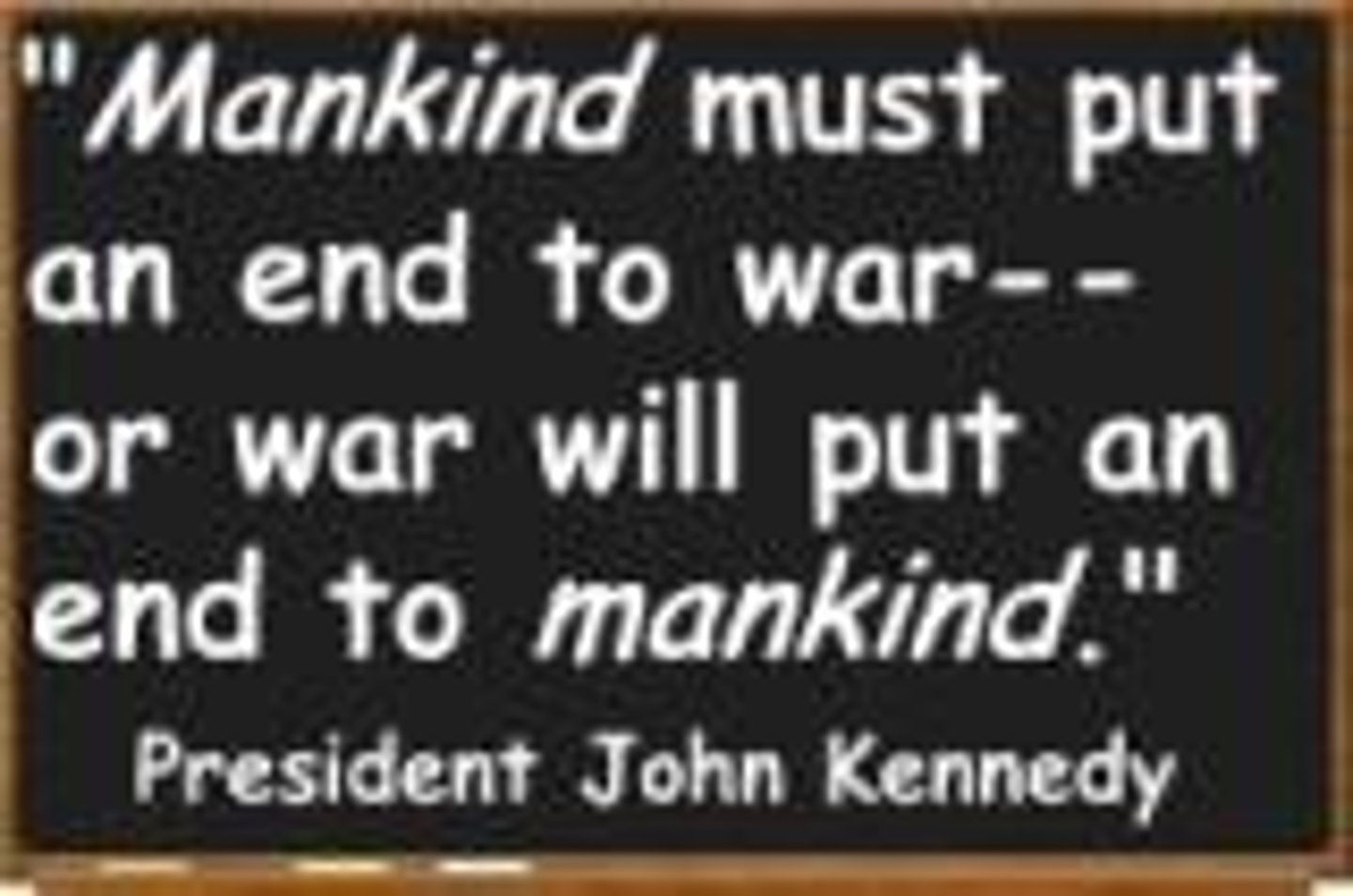Des-Lauriers Final
1/35
There's no tags or description
Looks like no tags are added yet.
Name | Mastery | Learn | Test | Matching | Spaced |
|---|
No study sessions yet.
36 Terms
Anadiplosis
the repetition of the last word of a preceding clause to the beginning of a new one
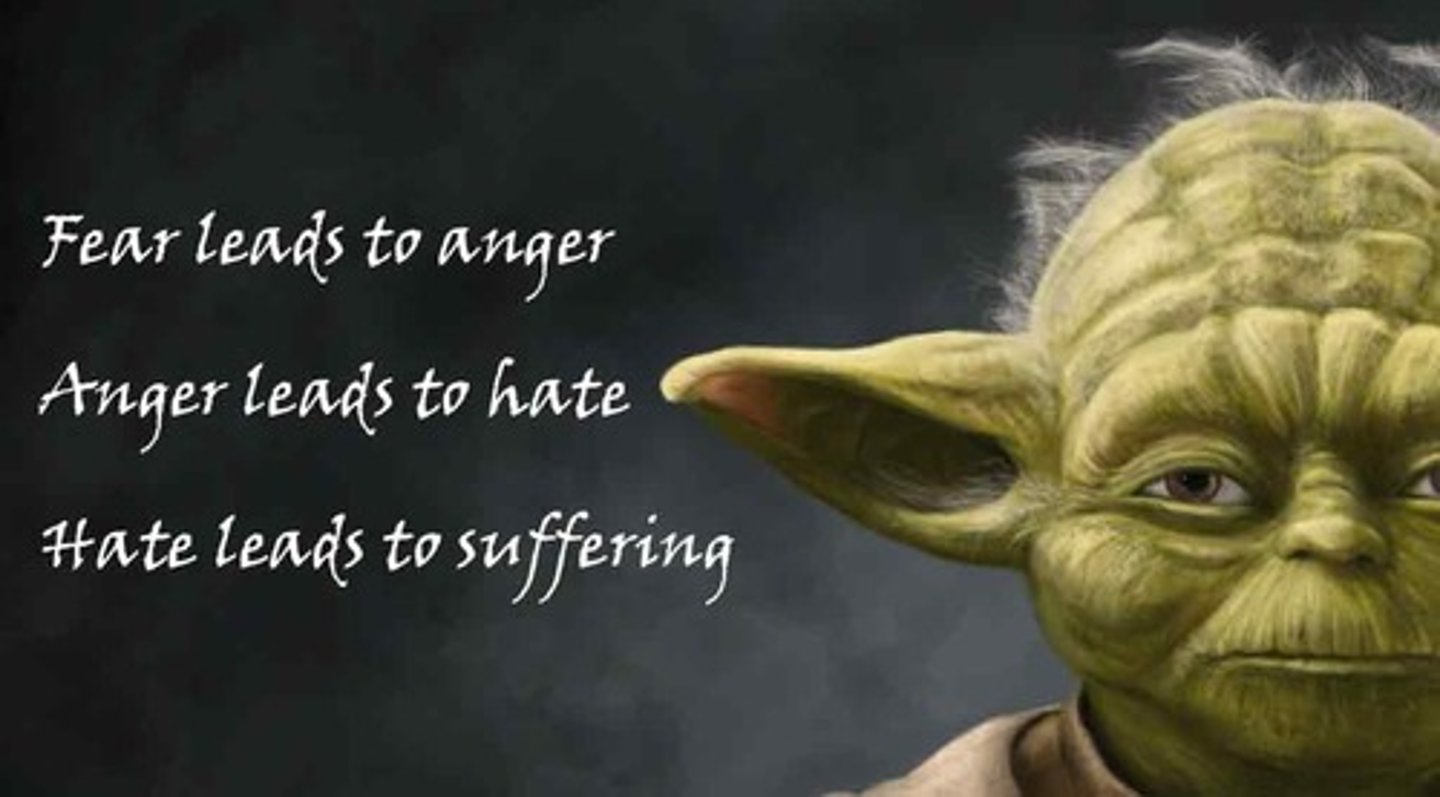
Onomatopoeia
A word that imitates the sound it represents.
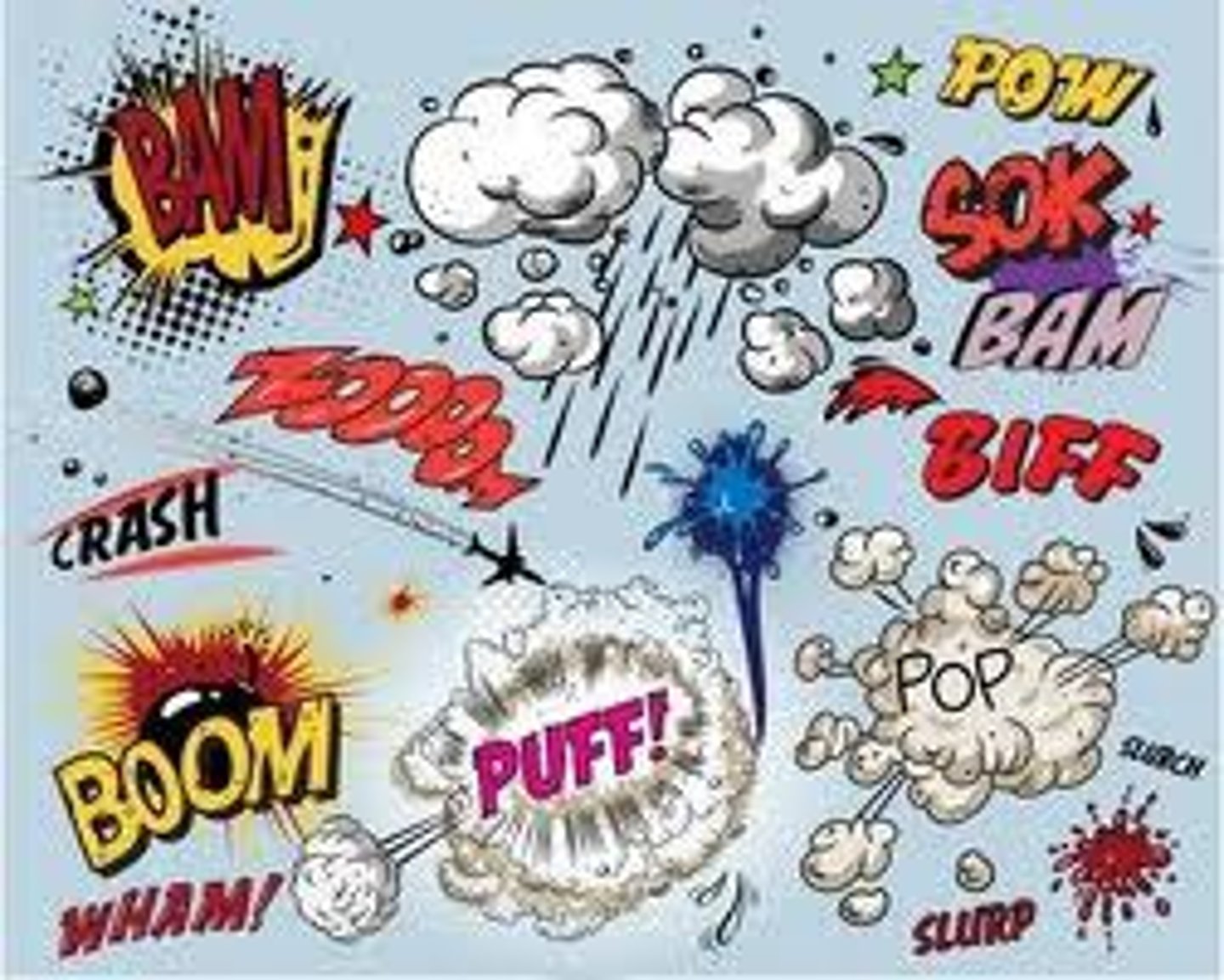
Metaphor
comparison of two or more things without using words such as "like" or "as"
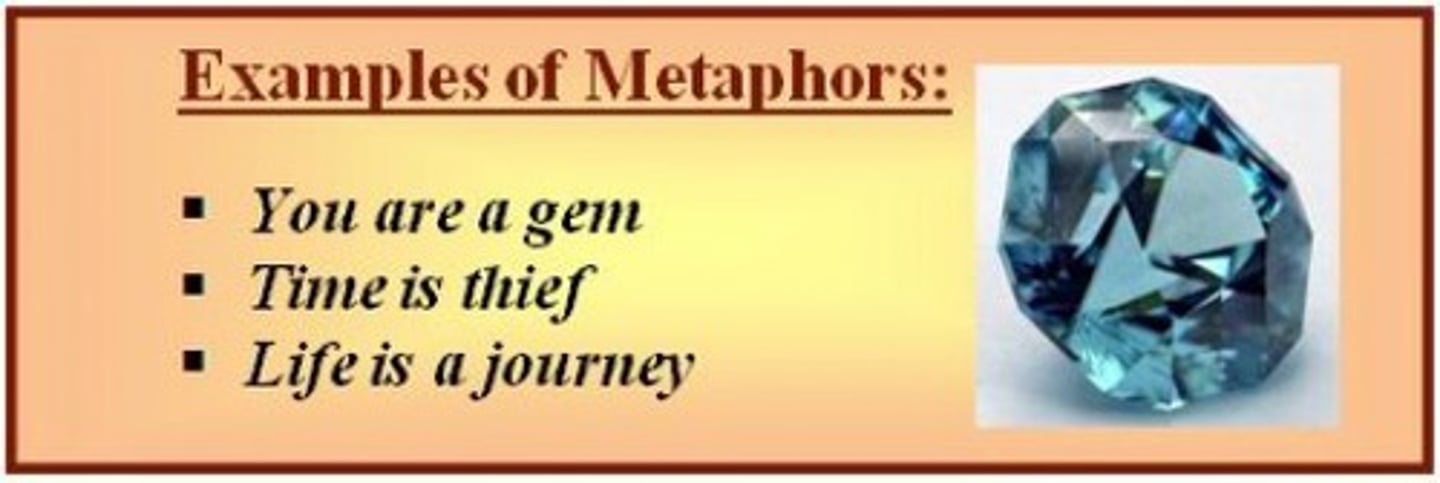
Simile
a comparison of two or more things using words such as "like" or "as"

Semicolon
a punctuation mark that can be used to separate or relate ideas or items in a list
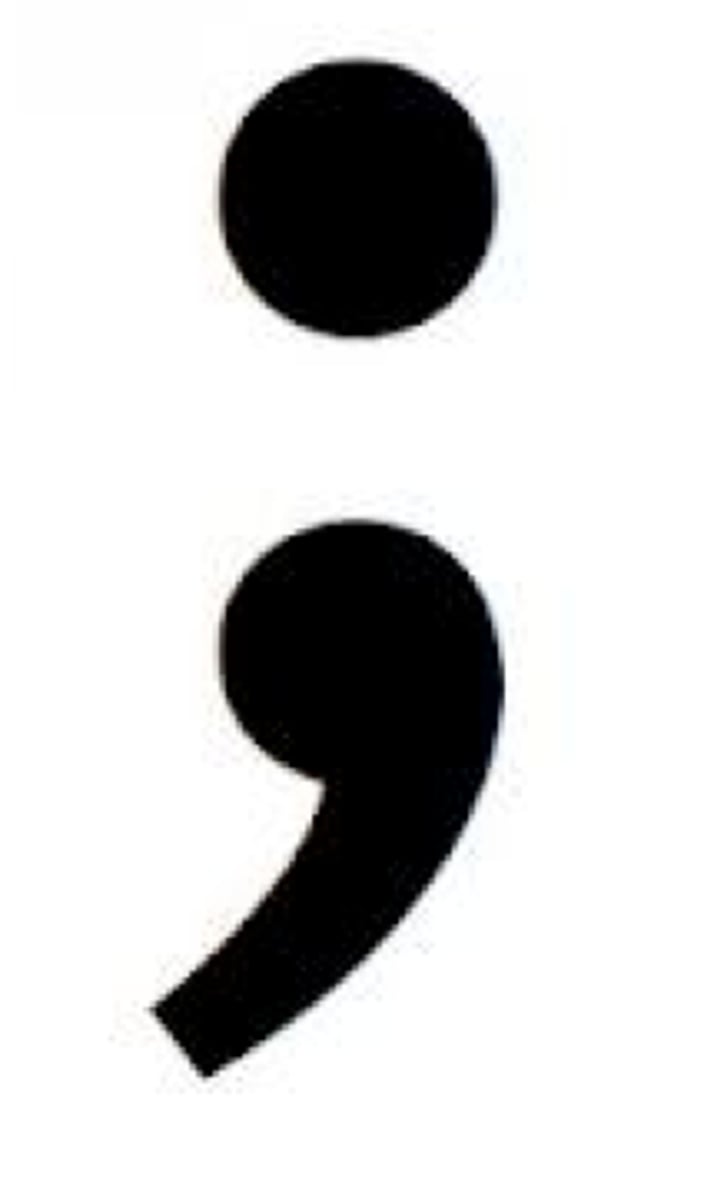
Alliteration
The use of the same letter or sound at the beginning of words that are close together
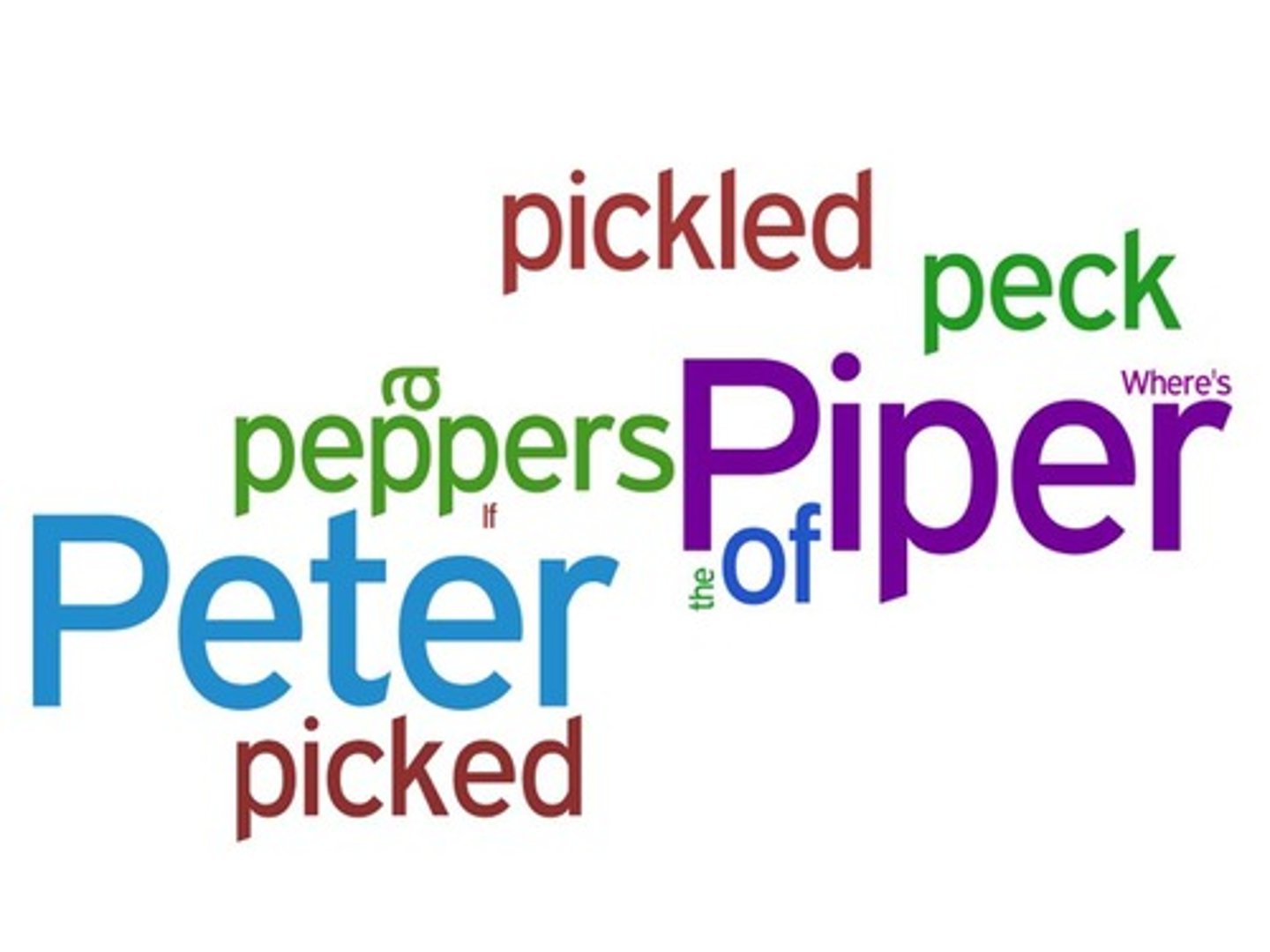
idiom
A phrase or expression that has a meaning that is not clear from the individual words in a phrase

Pun
a joke exploiting the different possible meanings of a word or the fact that there are words which sound alike but have a different meaning.
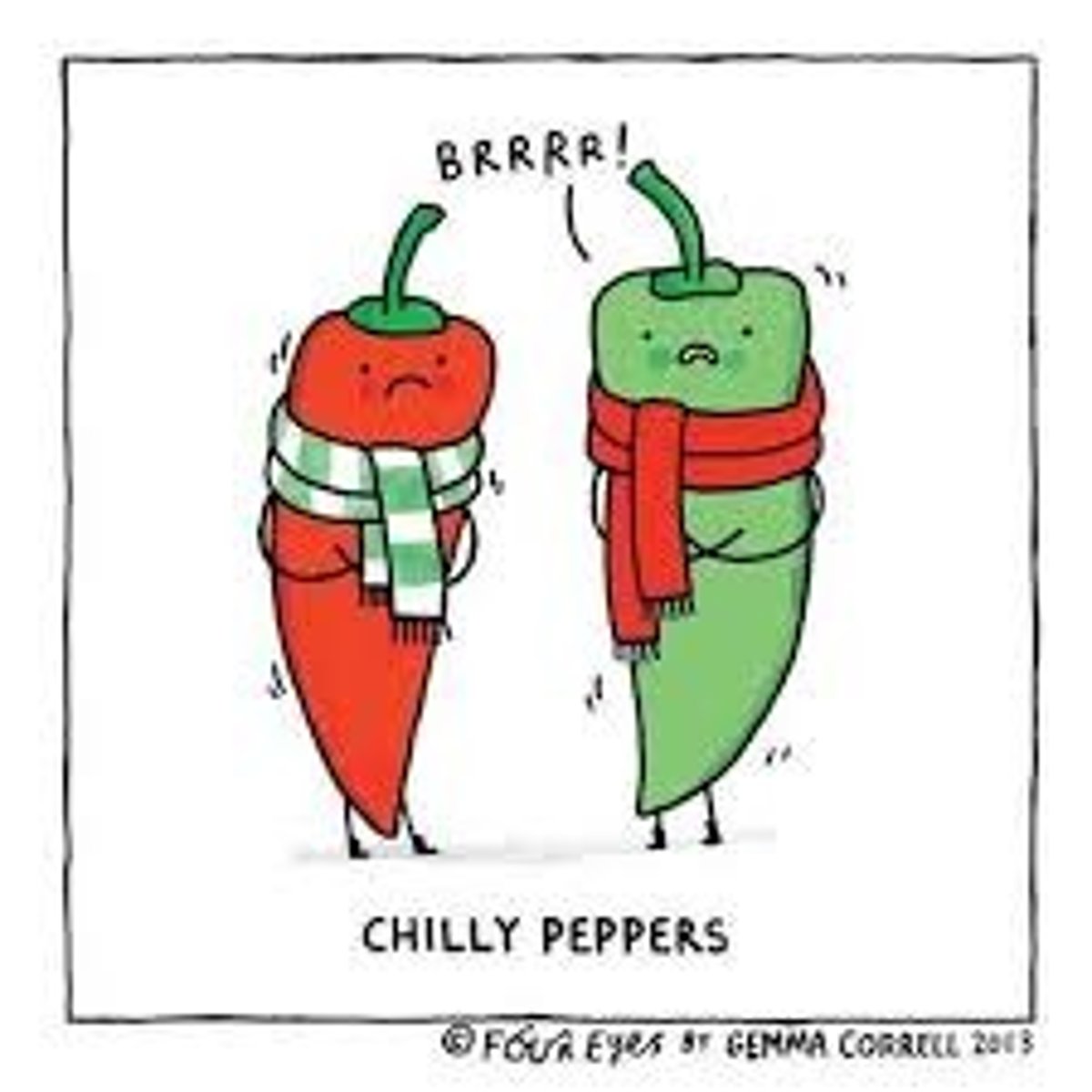
Anaphora
the repetition of a word at the beginning of successive clauses, phrases, or sentences.
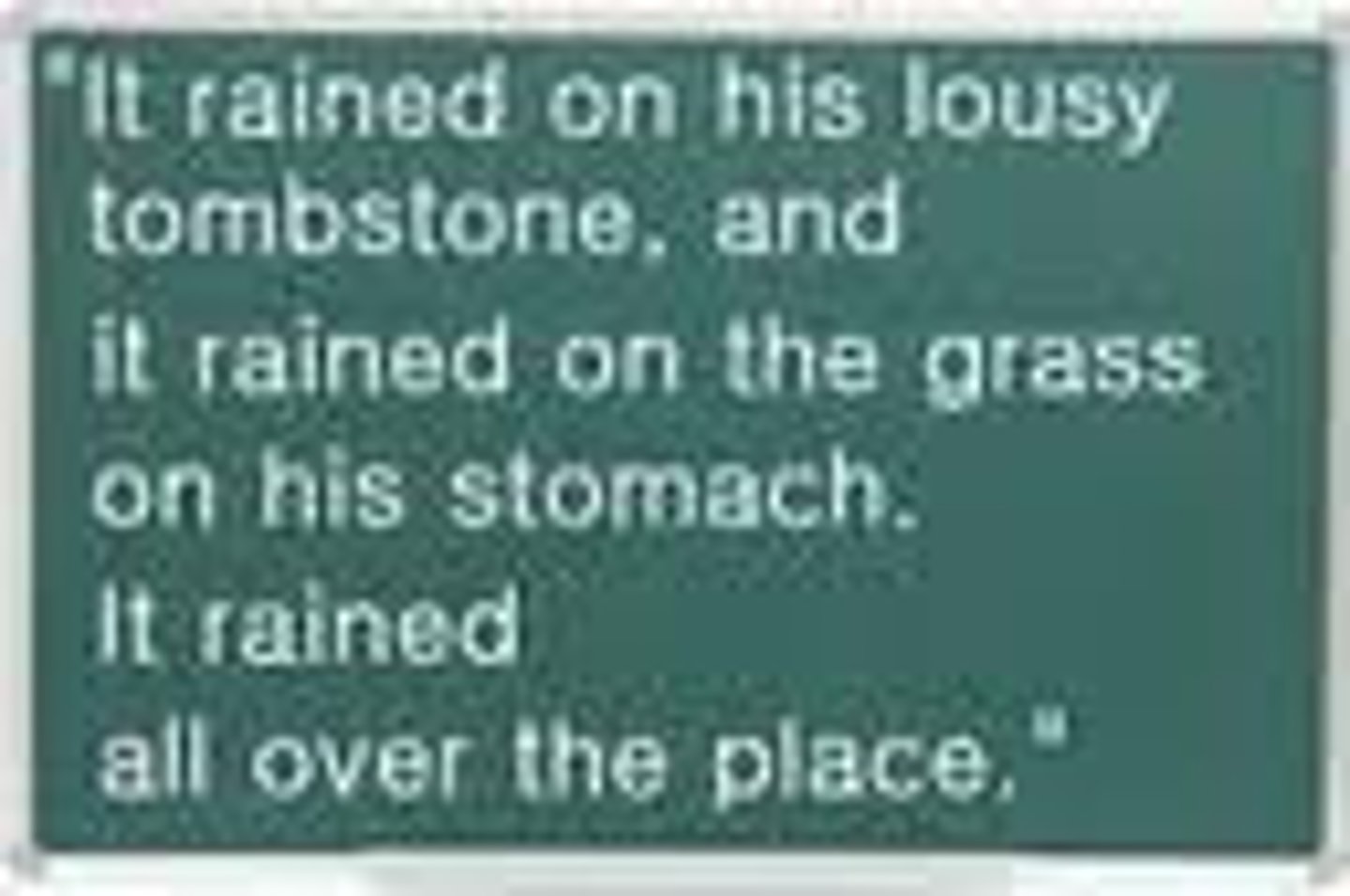
Antithesis
a person or thing that is the direct opposite of someone or something else
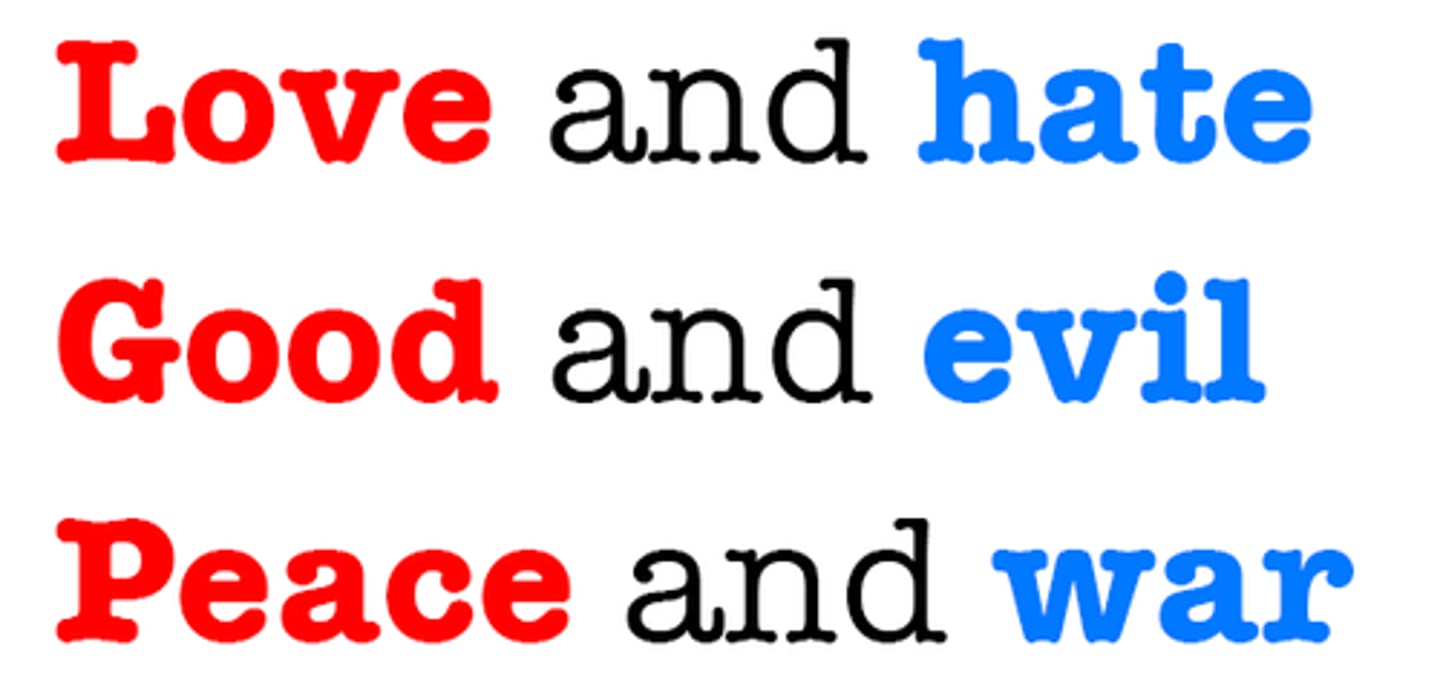
Chiasmus
words, grammatical constructions, or concepts are repeated in reverse order.
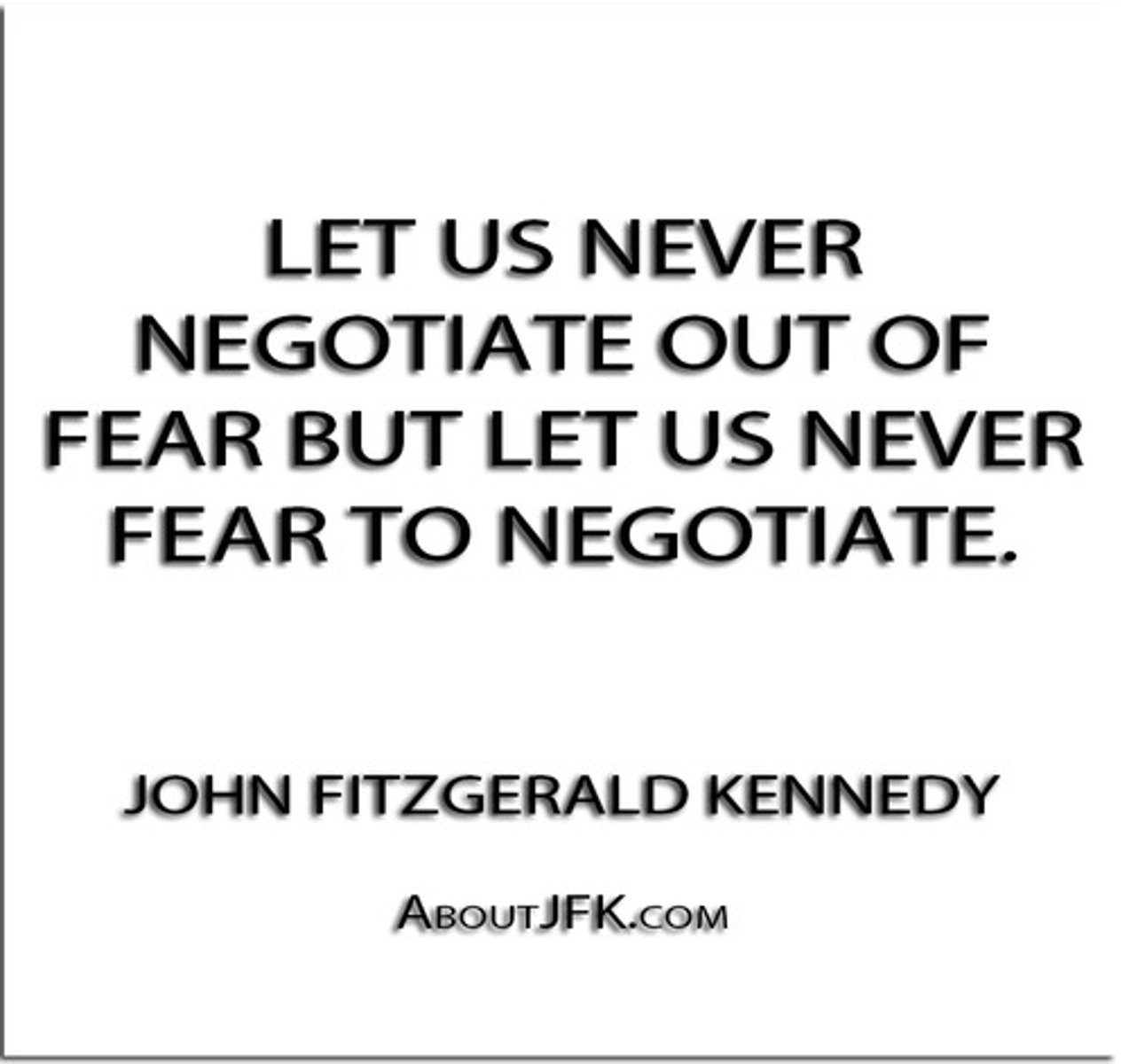
hyperbole
exaggerated statements or claims not meant to be taken literally
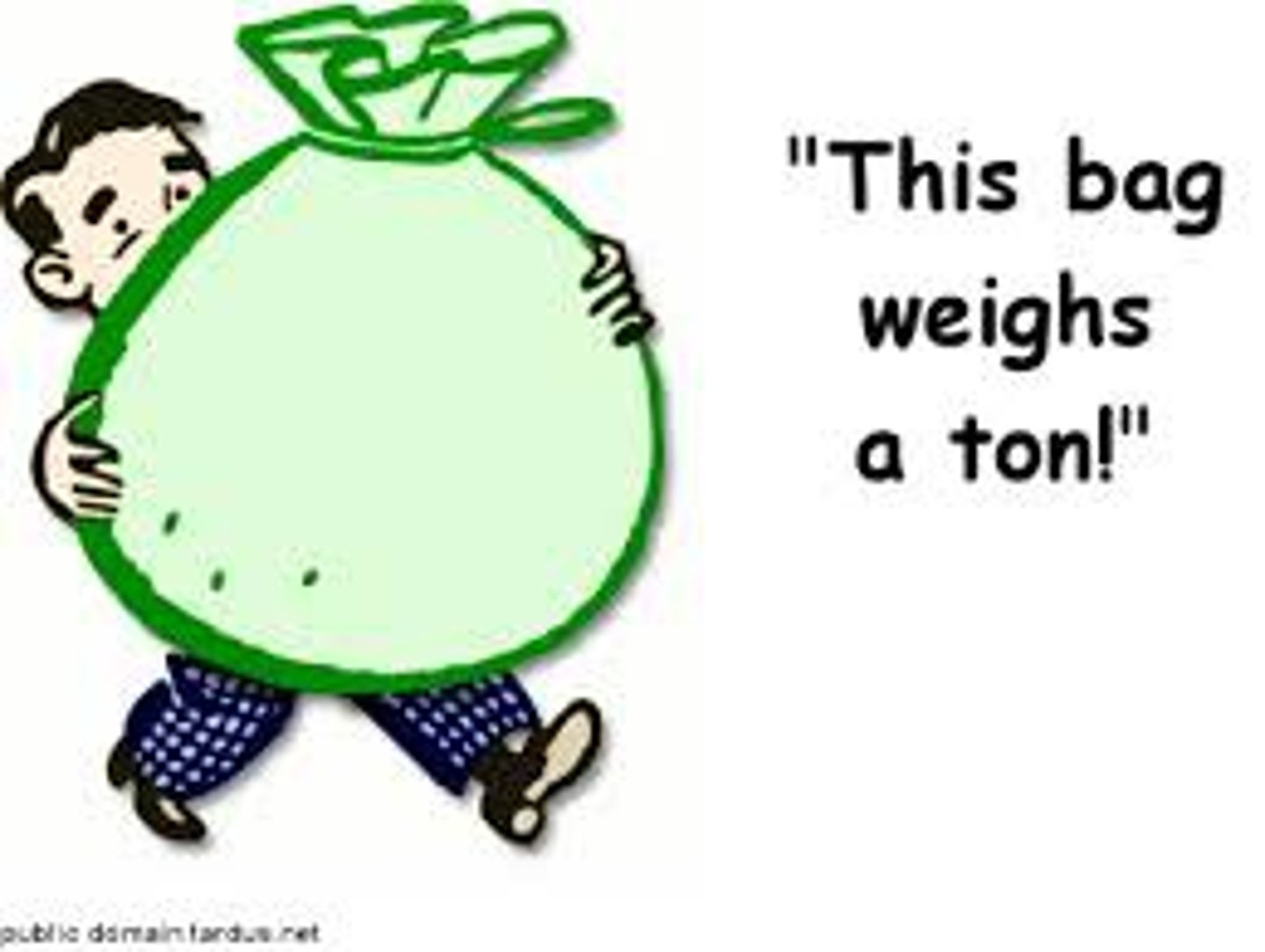
Personification
when human feelings or attributes are given to inanimate objects
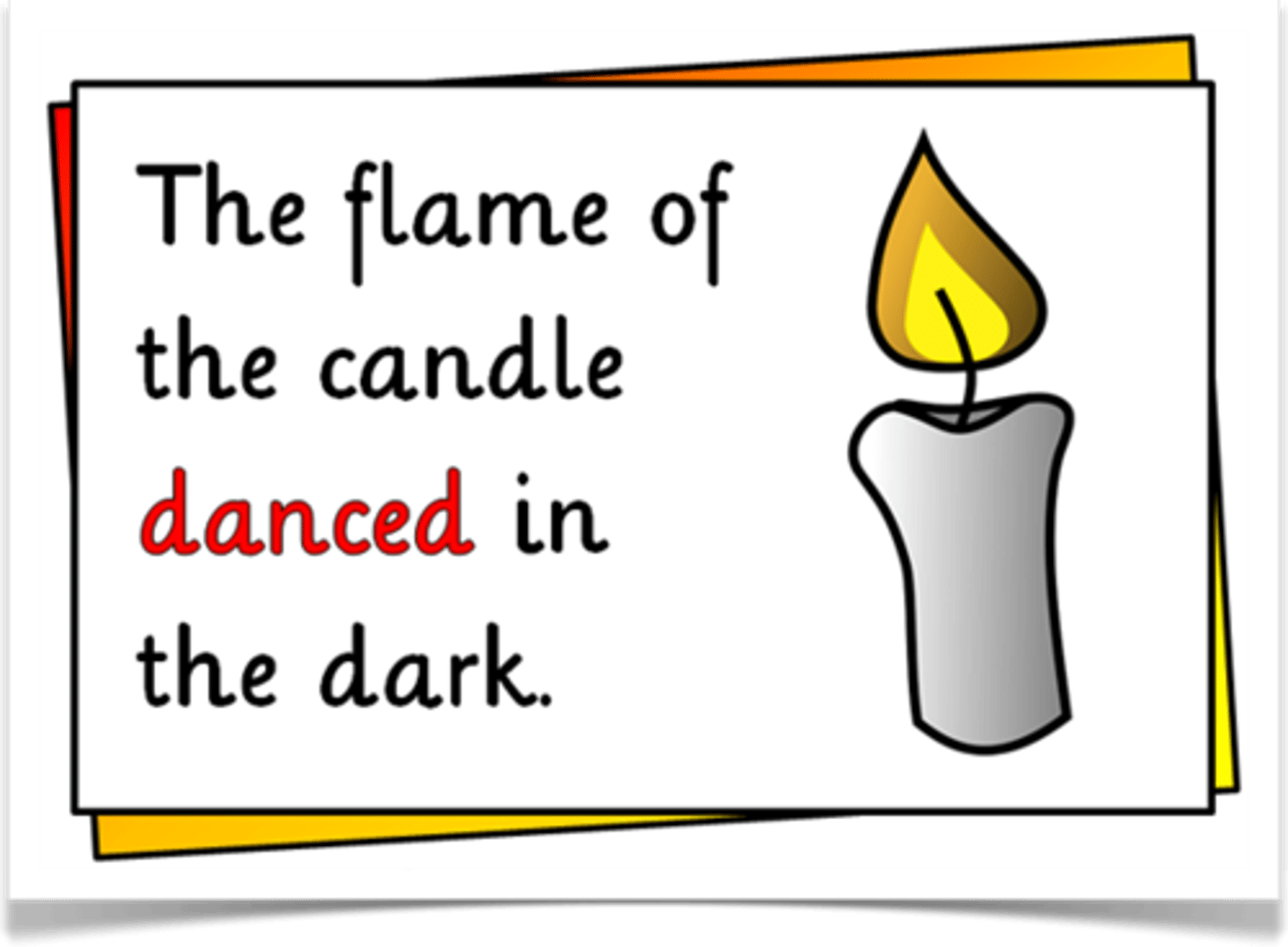
Aphorism
a short clever saying that expresses a general truth or principle

Oxymoron
a figure of speech where two words are combined that seem opposite of each other
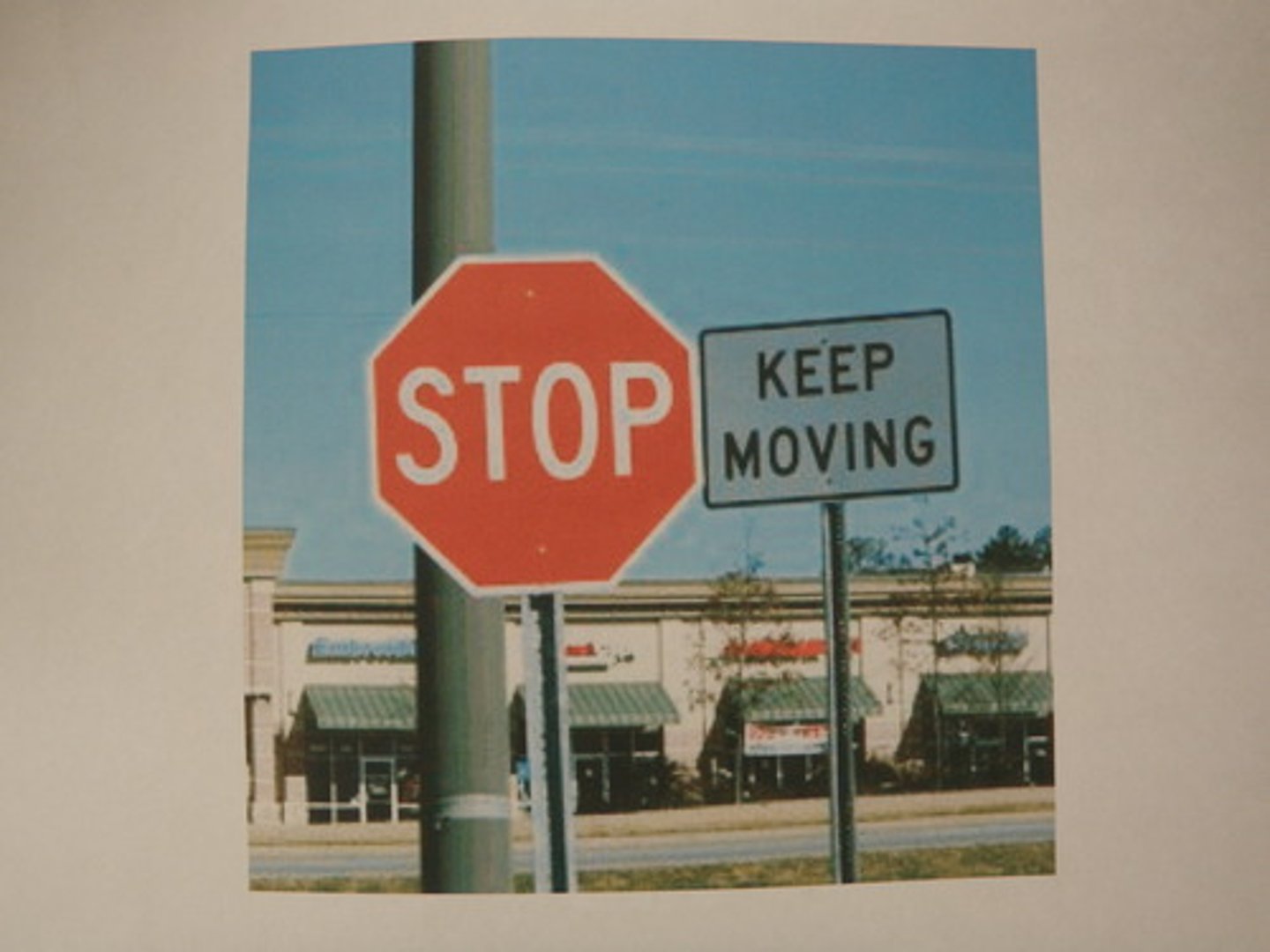
Irony
the use of words to convey the opposite of their literal meaning
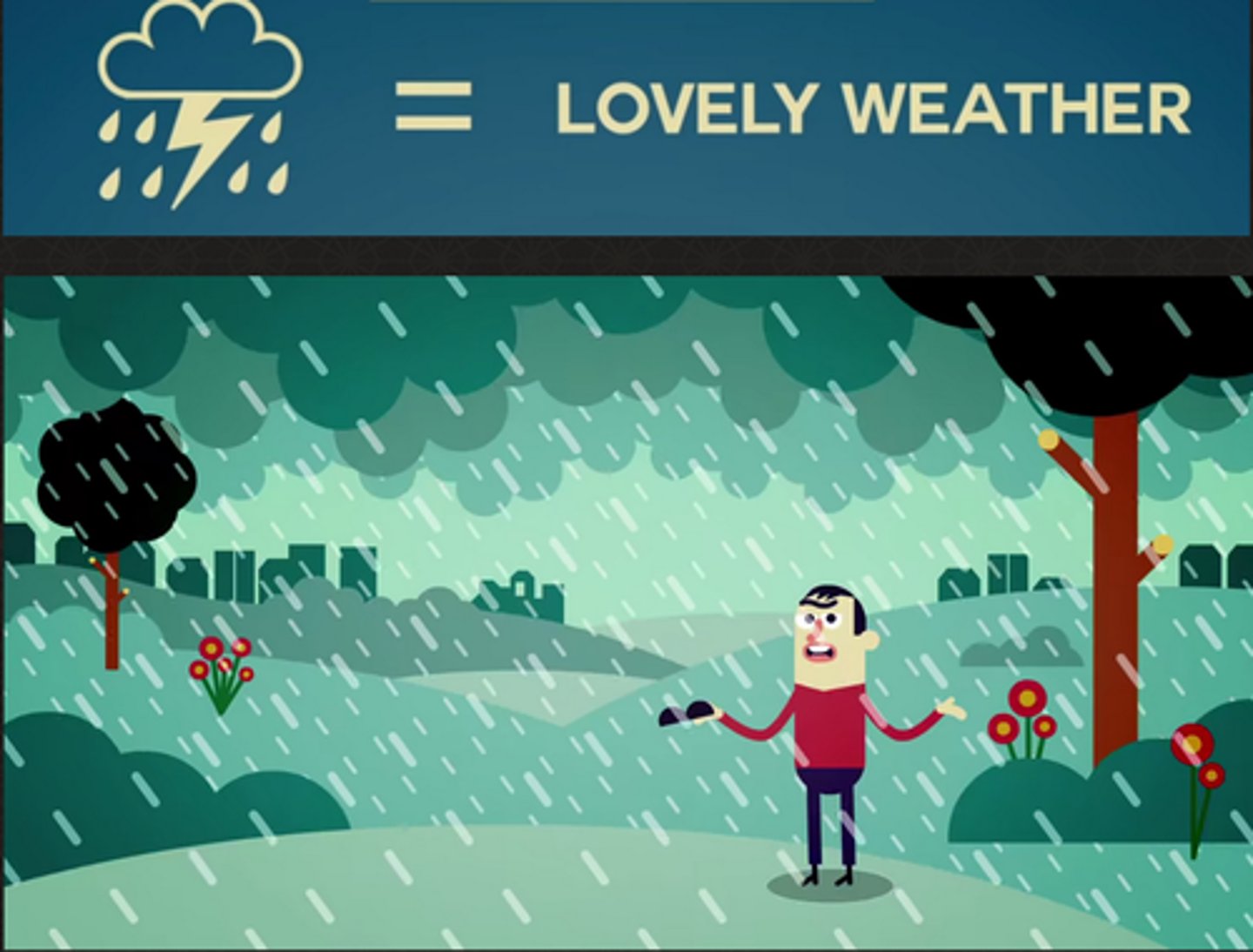
Situational Irony
when the outcome of an event is the opposite of what was expected
Verbal Irony
when what is said is the opposite of the literal meaning
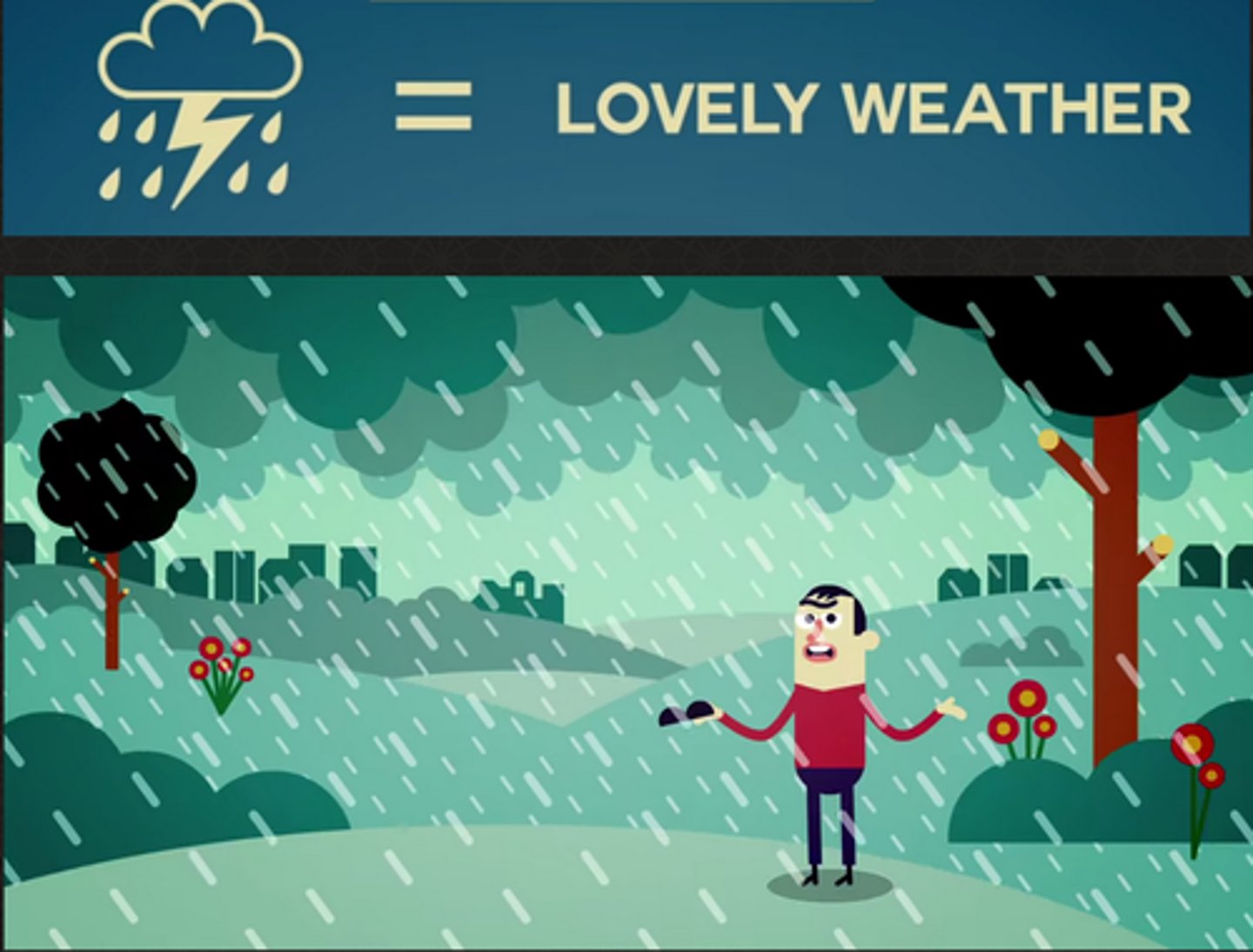
Dramatic Irony
the situation in which the audience of a play knows something that the characters do not know

Litotes
A form of understatement that involves making an affirmative point by denying its opposite
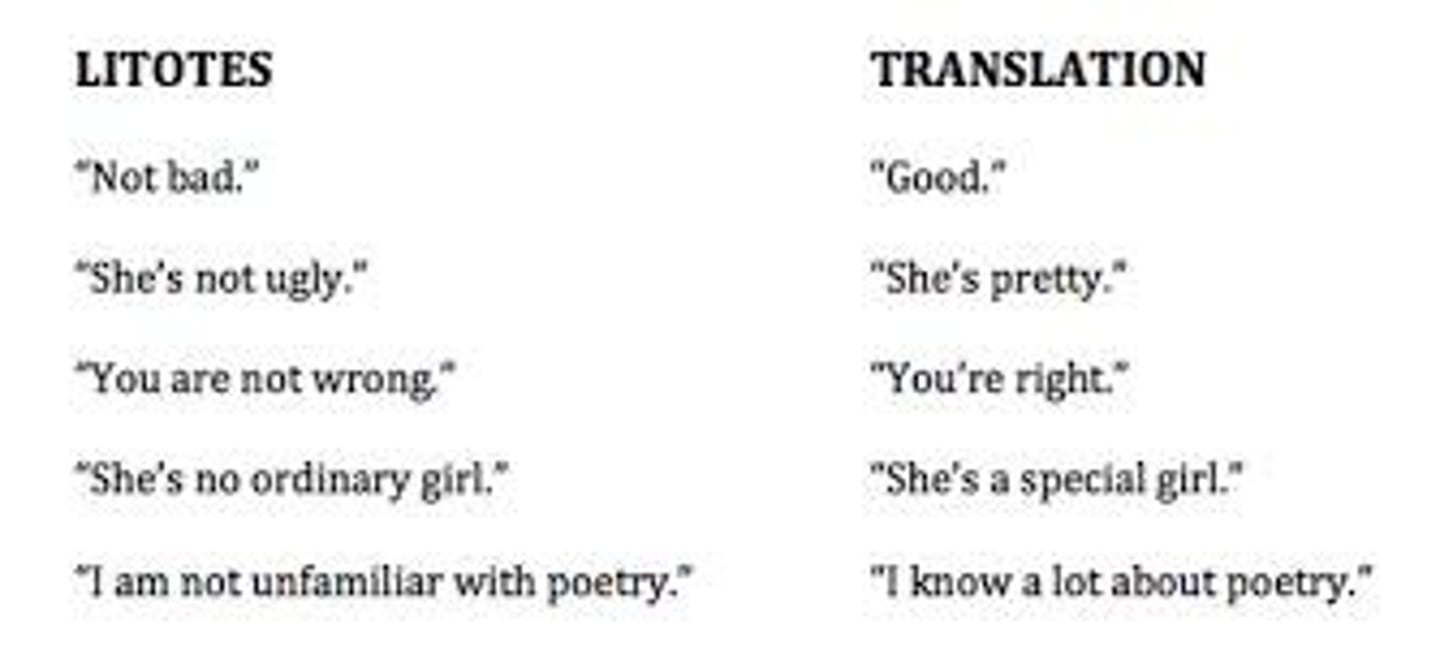
Foreshadowing
an indication of something that will happen in the future
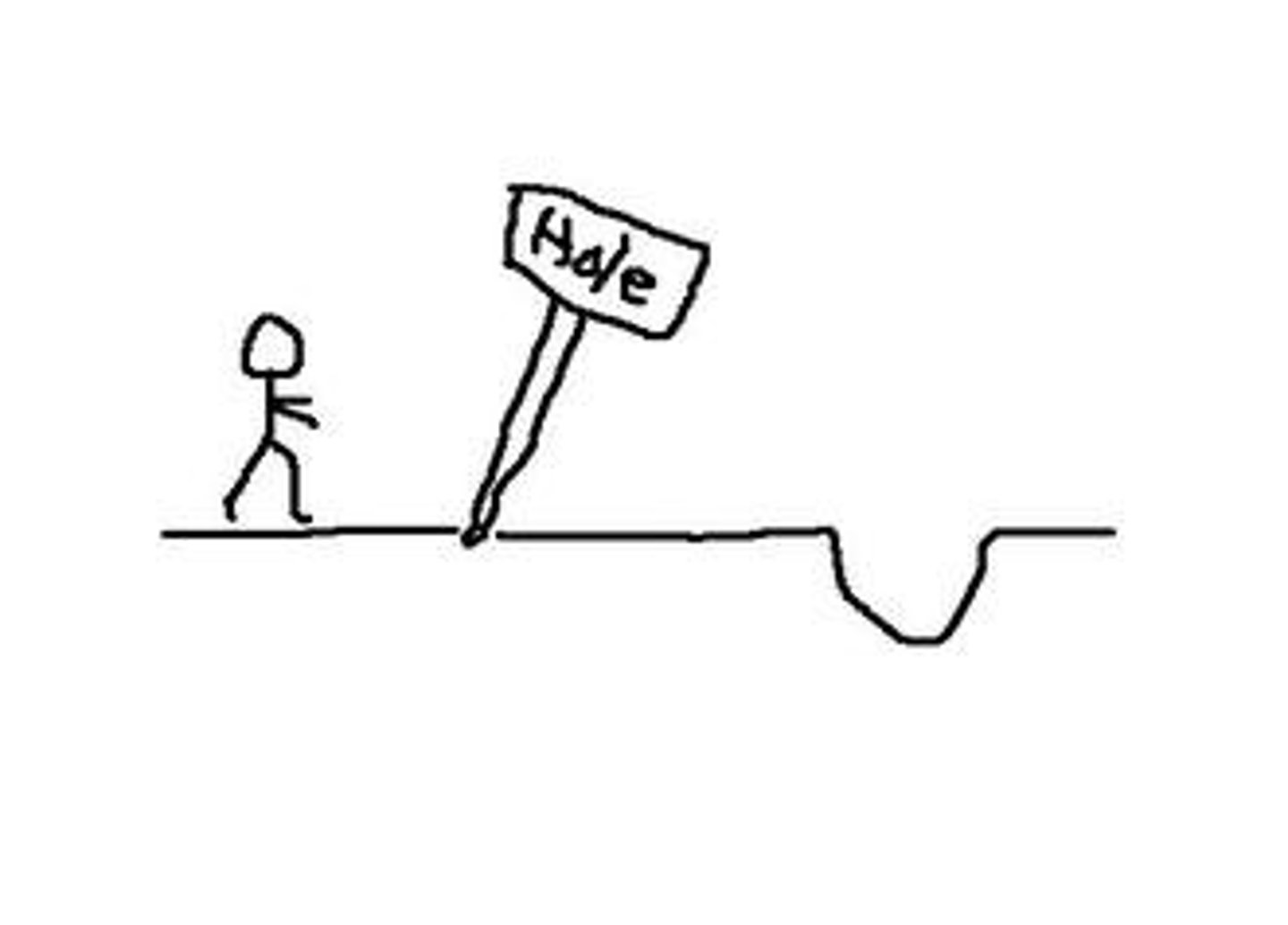
Symbolism
the use of symbols to represent ideas or qualities

Tone
an attitude the writer has toward what they are writing
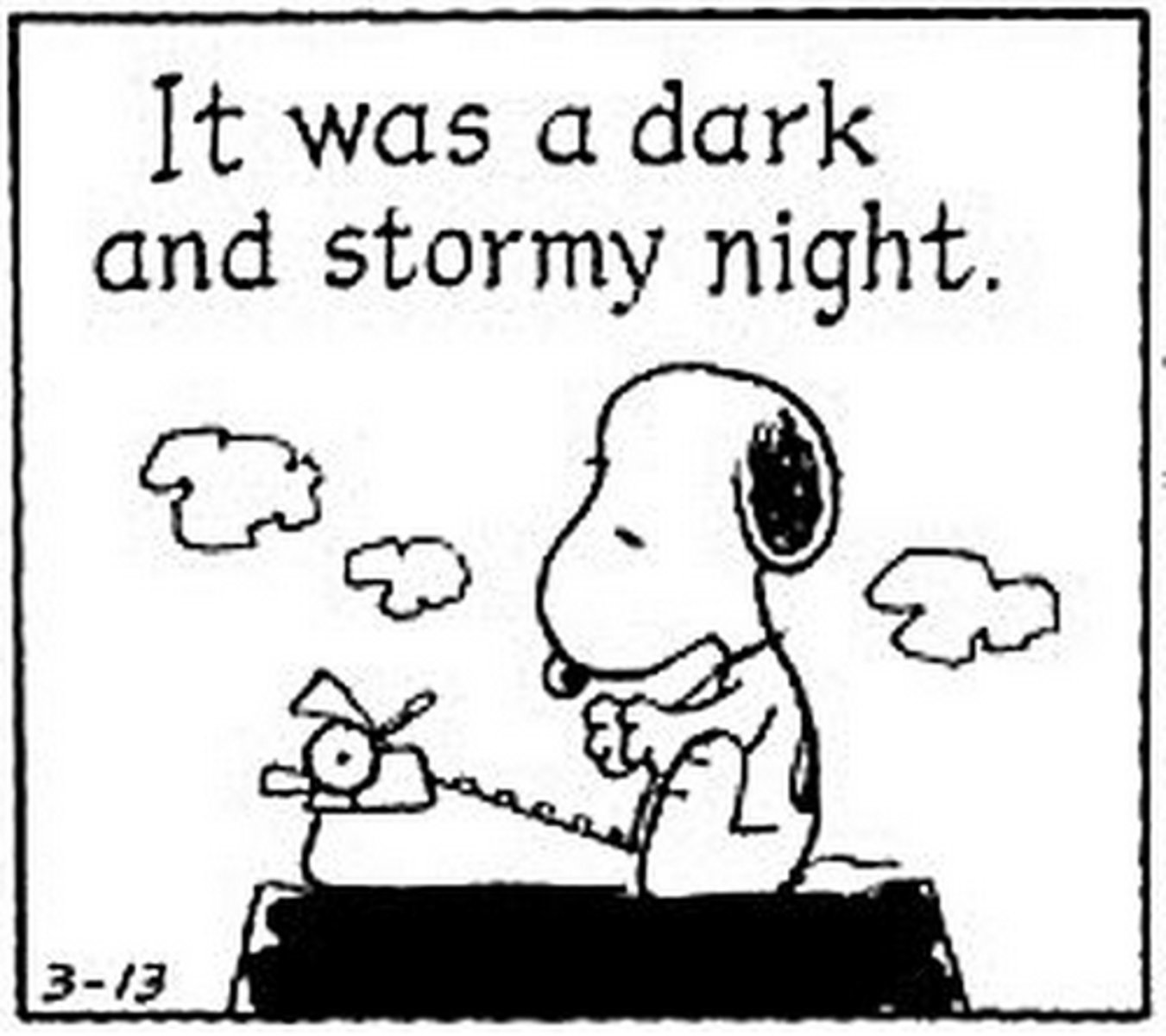
Context
the circumstances that form the setting for an event, statement, or idea, and in terms of which it can be fully understood and assessed.

Citation
a quotation from or reference to a book, paper, or author, especially in a scholarly work.

Explanation
a statement that makes something clear

Theme
The word "theme" has multiple meanings, including a central idea in a work of art, literature, or music, a distinctive quality, or a preset package in computing
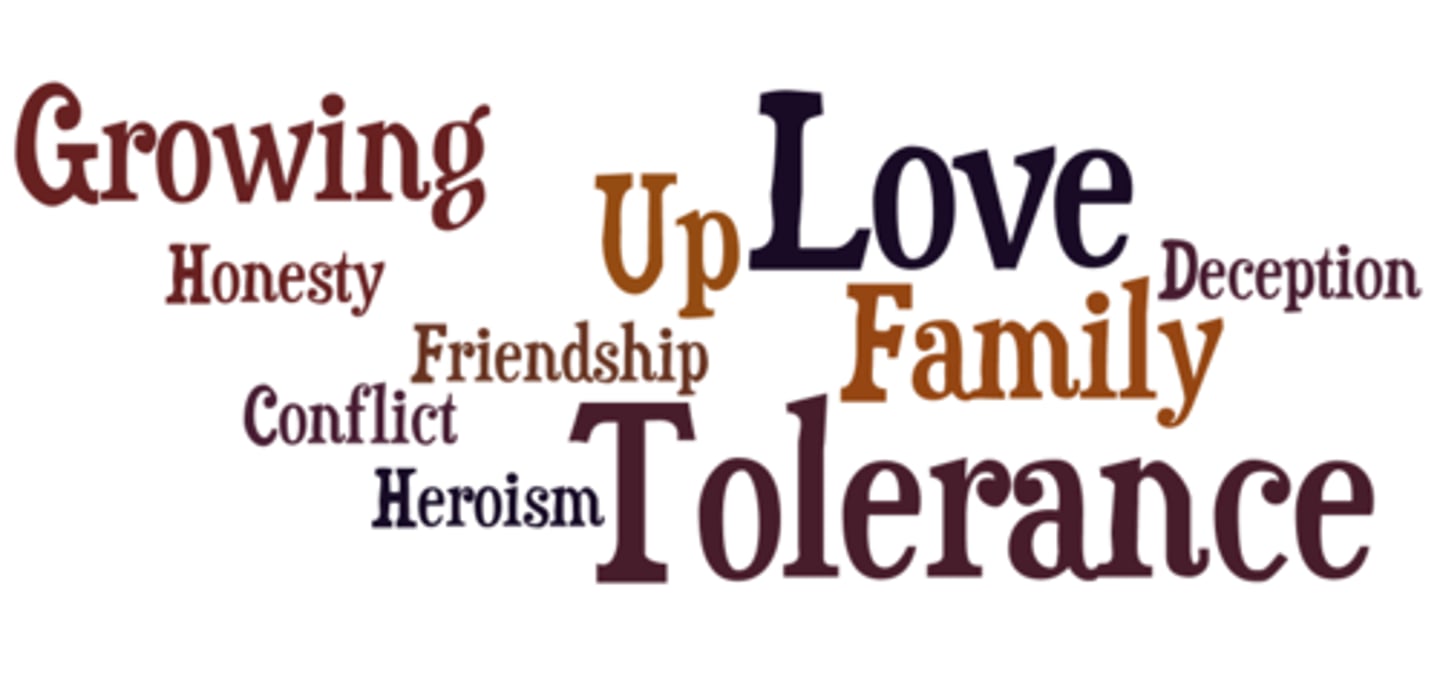
Advanced Theme
a theme that goes beyond basic design elements and incorporates complex features, customization options, and deeper functionality
Synecdoche
a figure of speech in which a part is made to represent the whole or vice versa
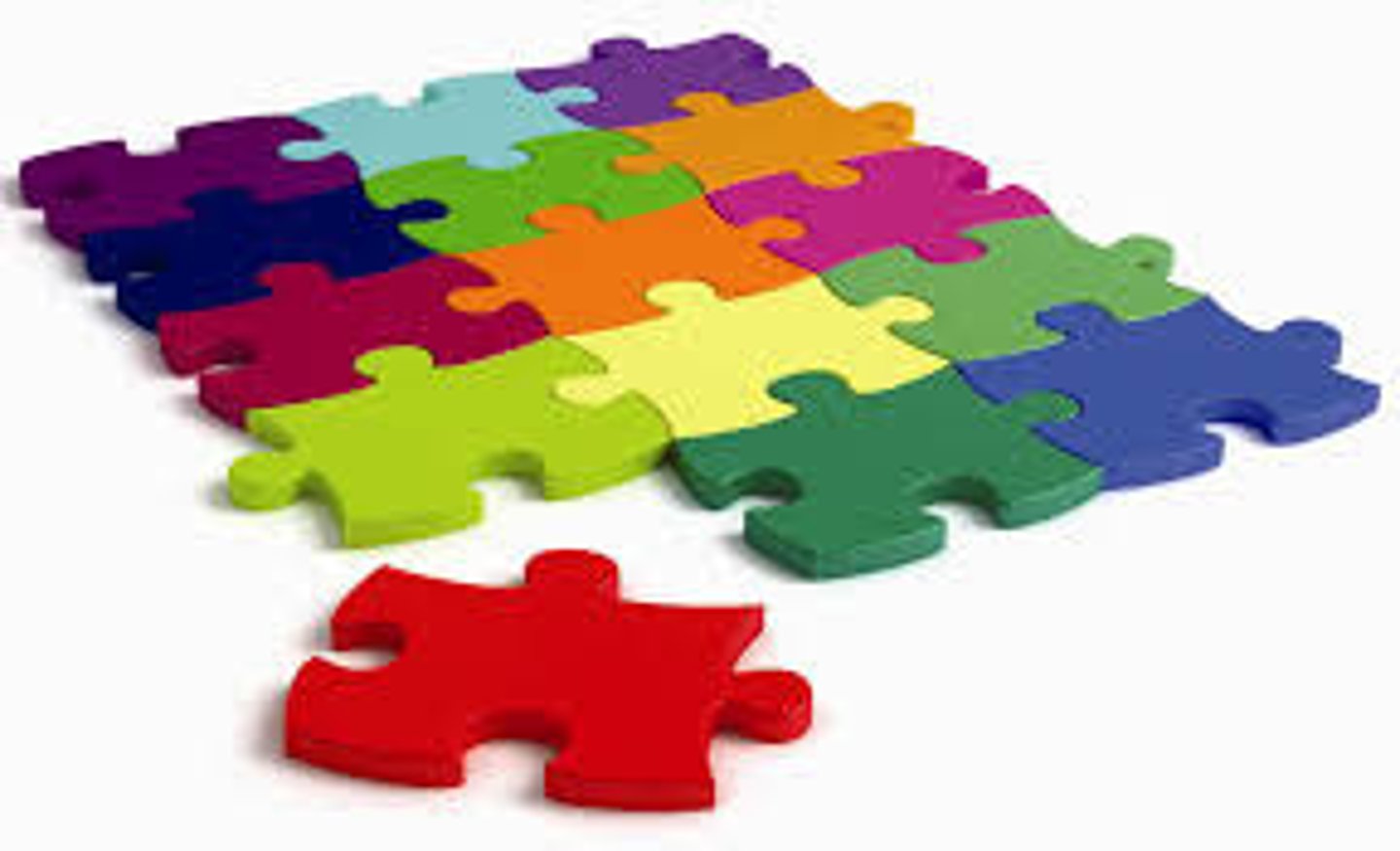
Parody
an imitation of the style of a particular writer, artist, or genre with deliberate exaggeration for comic effect
Paradox
a seemingly absurd or self-contradictory statement or proposition that when investigated or explained may prove to be well founded or true
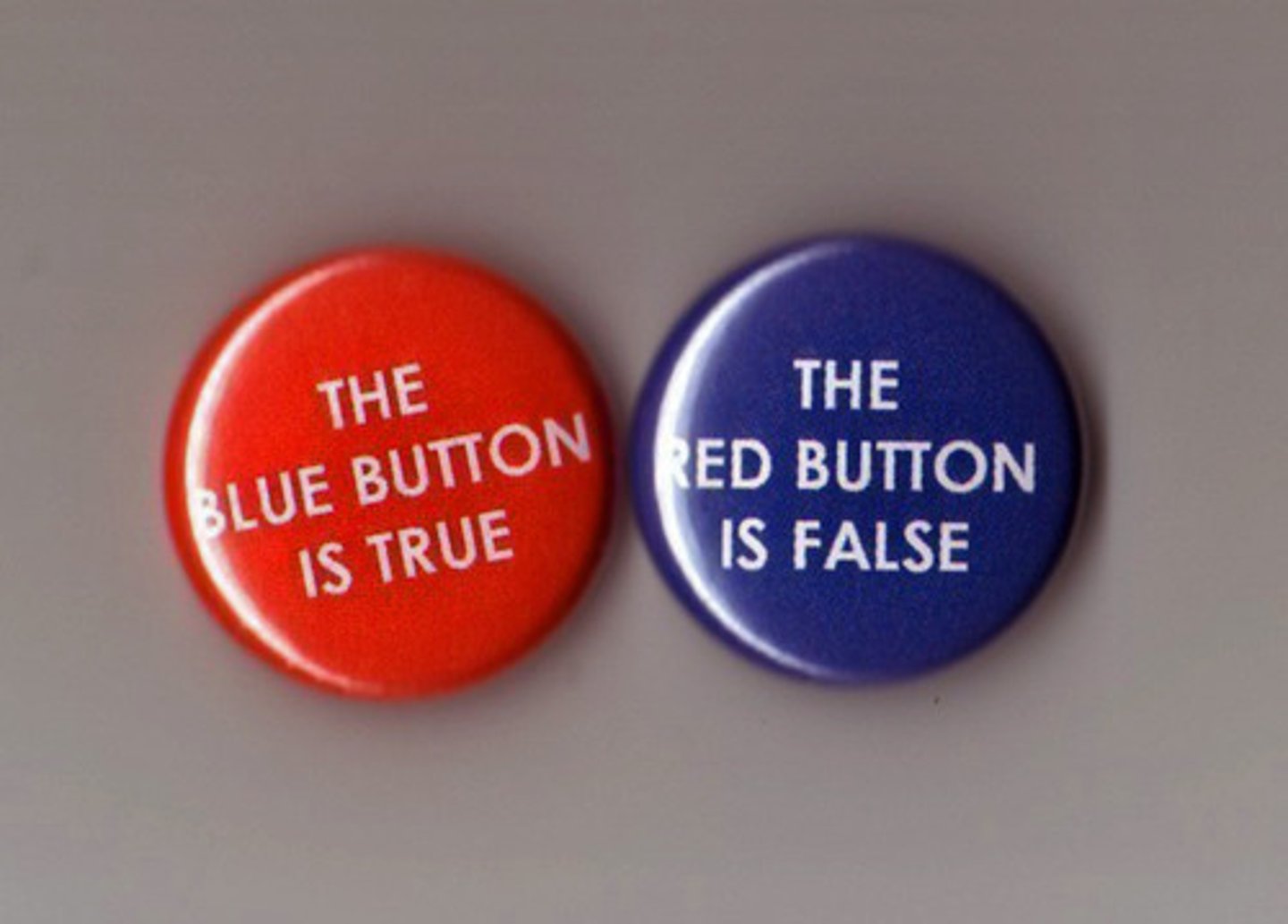
Allusion
an indirect reference
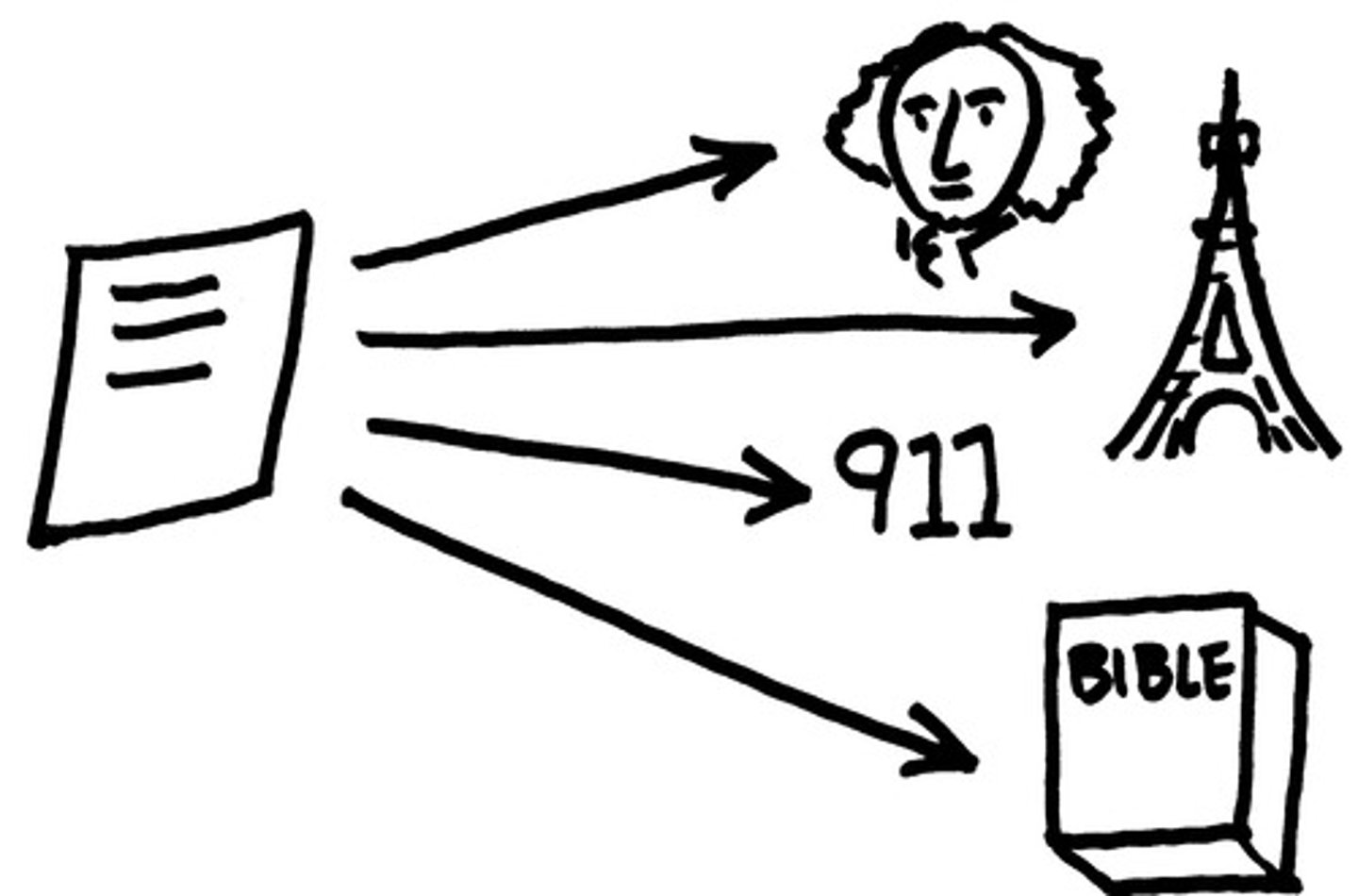
Asyndeton
leaving out conjunctions between parts of a sentence or words
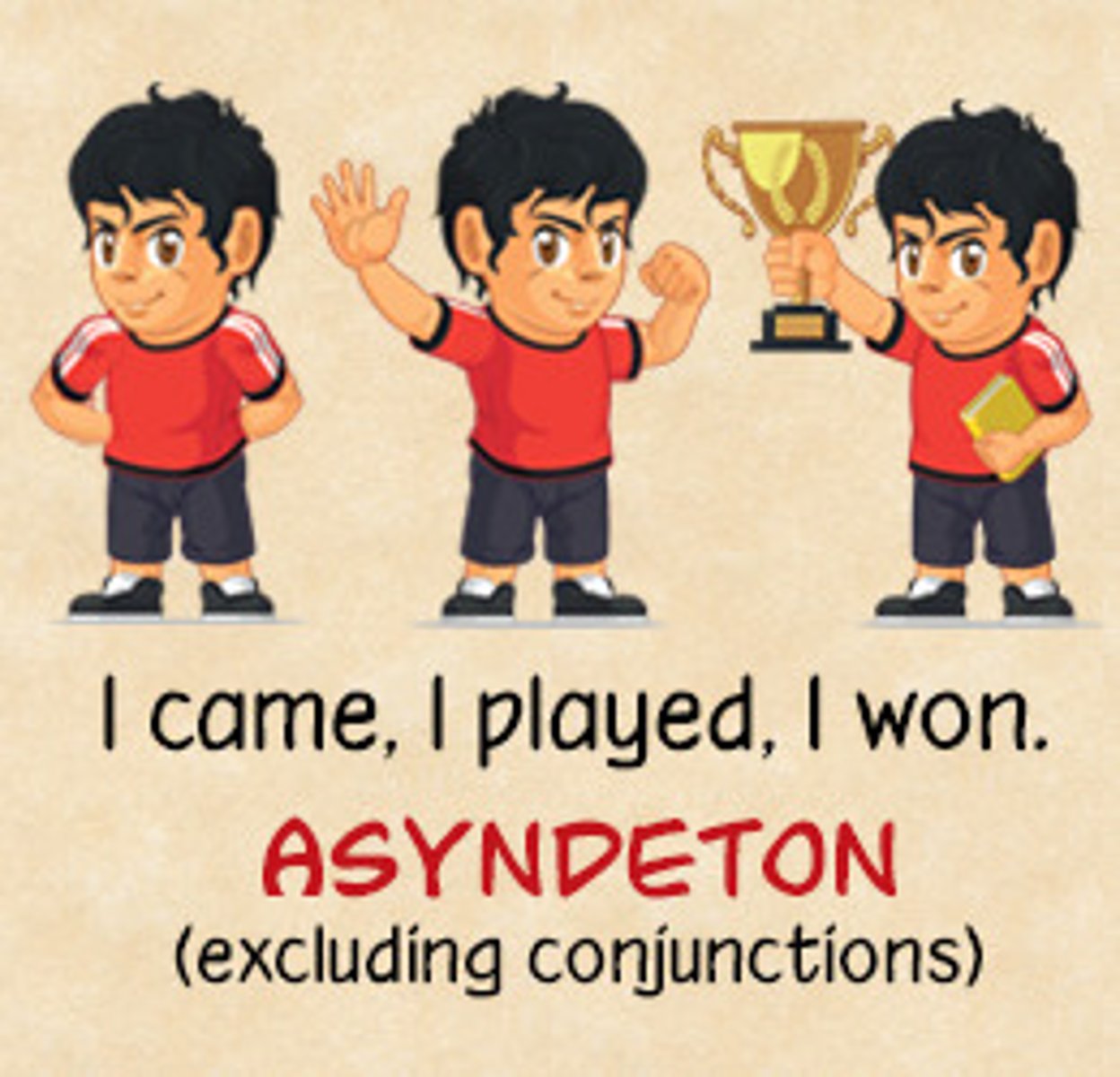
Polysyndeton
the use of repeated conjunctions between words or clauses in a sentence to emphasize what's being said.
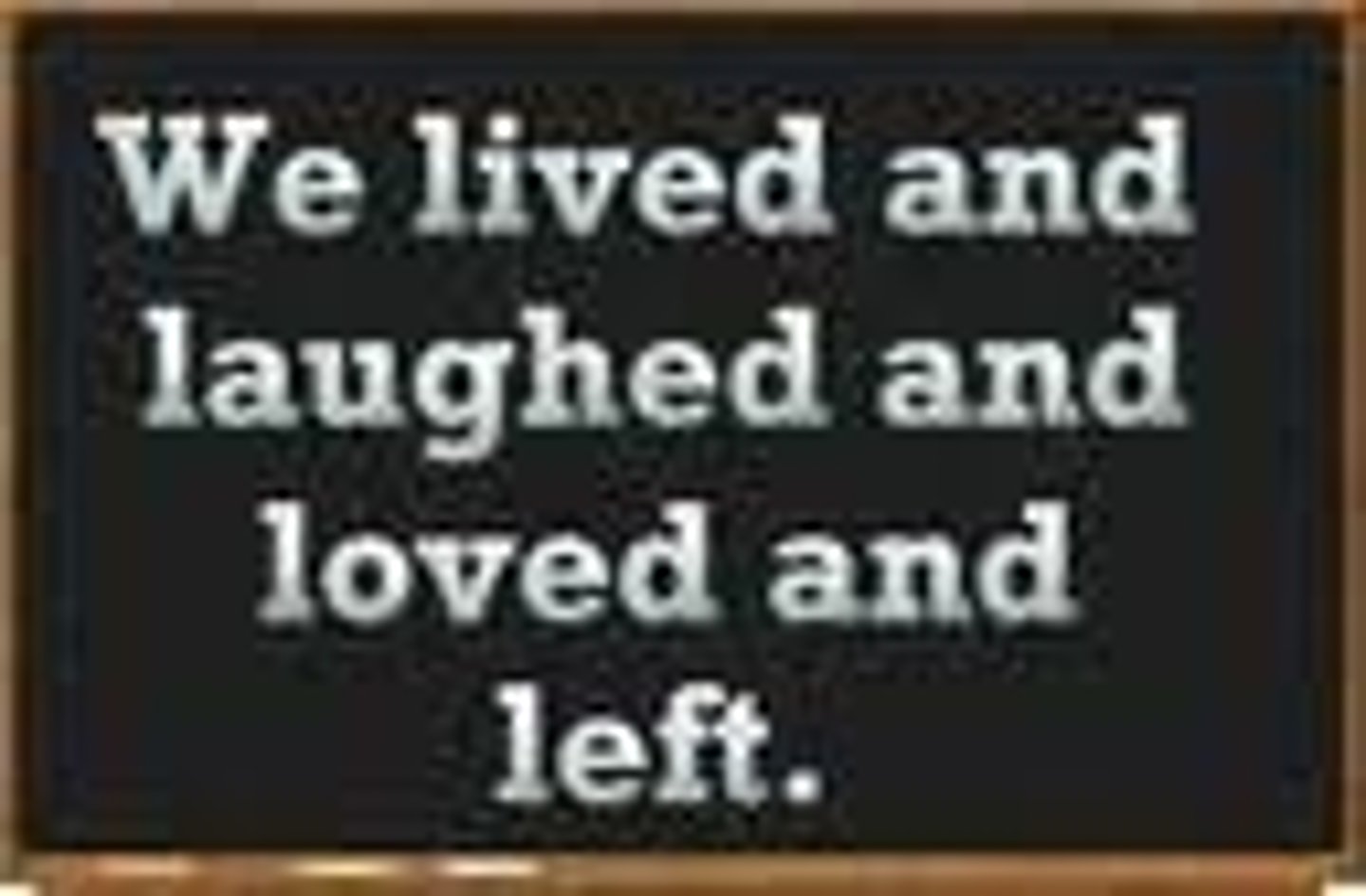
Enjambment
the continuation of a sentence without a pause beyond the end of a line, couplet, or stanza
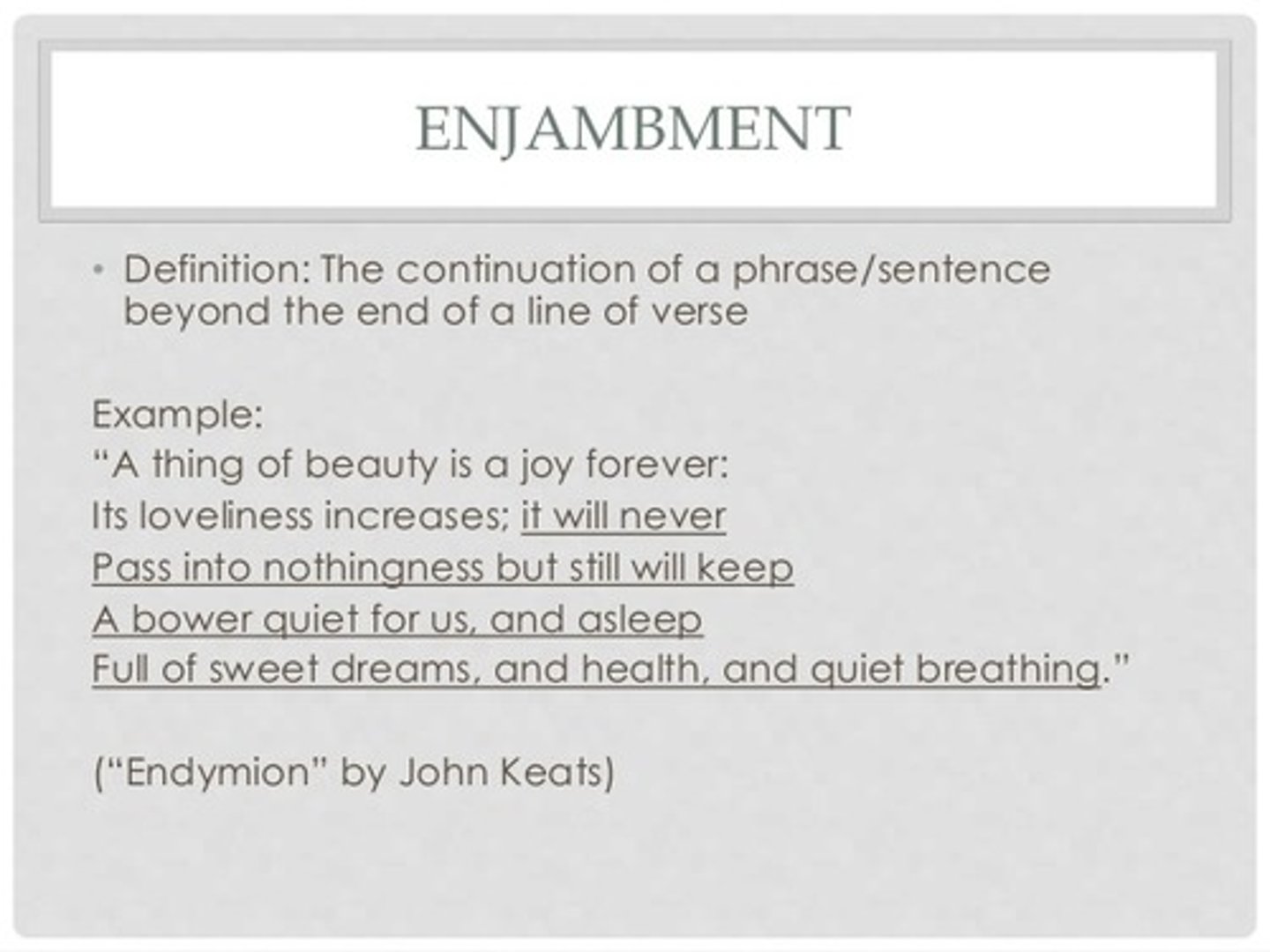
Epanalepsis
repetition at the end of a clause of the word that occurred at the beginning of the clause
